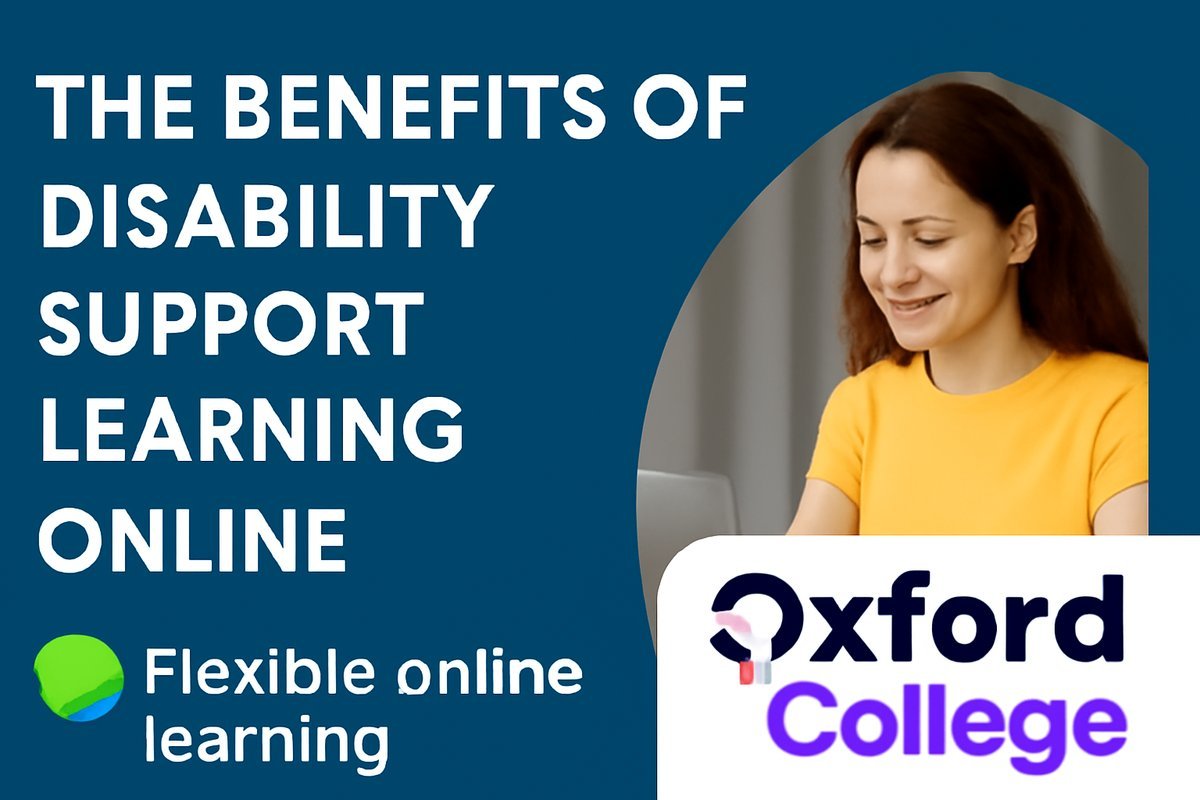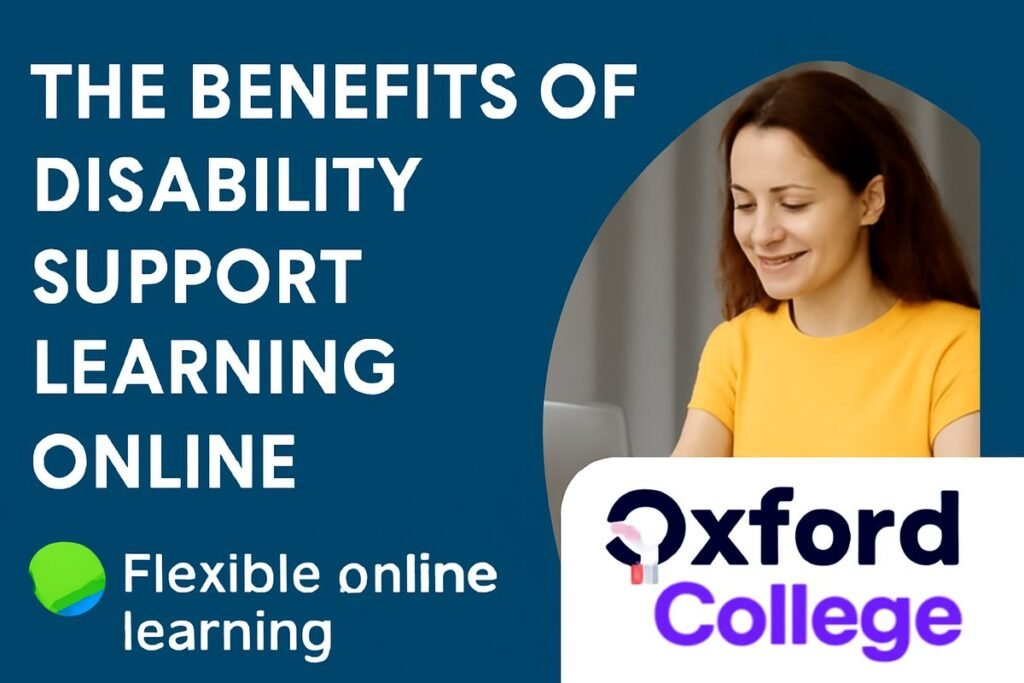What Is the Real Cert 3 Childcare Cost and Is It Worth It?

For many Australians, a career in childcare isn’t just a job — it’s a calling, a vocation, and a passion. If you’ve ever thought about shaping young minds, crafting engaging lessons, and creating safe, happy spaces where kids can grow, you’ve likely looked to the Certificate III in Childcare as your first step into the profession. But before you jump in, you want the facts: is it as expensive as people say, what exactly do you get, and — most importantly — is the investment worth it in the long run?
Reviewing the True Cost
To begin, let’s clear up a common misconception. There is no fixed cost for the Certificate III in Childcare. The price varies depending on your training organisation, study mode (online or on-campus), location, and whether you qualify for government subsidies or fee help.
Some students pay the full fee, others use payment plans, and many are subsidised by state or federal government schemes, which reduce the upfront cost. What truly matters is understanding what you’re paying for — not just how much.
What Your Fees Pay For
When people hear about the Cert III childcare cost, they often think it just covers lessons or textbooks. In reality, your fees pay for much more:
– Access to a structured learning environment
– Support from experienced trainers and assessors
– Placement arrangements in real childcare settings
– Industry-specific resources and learning modules
– Ongoing mentoring to help you prepare for employment
A quality course doesn’t just deliver theory — it provides hands-on experience through practical placement. This means your skills can grow, and employers know you’re work-ready from day one.
Is It Worth the Investment?
When you’re weighing up whether a Certificate III in Childcare is worth the cost, think beyond the financials. Think about the doors it opens. With this qualification, you’re eligible to work as an early childhood educator, childcare assistant, or family day care educator anywhere in Australia.
Without it, landing one of these jobs becomes difficult — and so does progressing to more senior roles or higher pay later on. Most students find that within their first year of work, they’ve already recouped the cost of their training through steady employment.
Finding Value Beyond the Fee
Of course, not all training is equal. It’s one thing to ask how much the Cert III in Childcare costs — it’s another to ask: what am I getting for my investment? The best providers, like Oxford College, offer flexible study schedules, practical placements to build your skills, and ongoing support to help you succeed.
When you choose the right provider, you’re not just paying for a course — you’re paying for mentorship, a professional network, and a qualification that employers trust and value.
Figuring the Maths for Your Future
Still wondering whether the Certificate III in Childcare is right for you? Ask yourself these questions:
Do you want a secure, growing career that is personally rewarding?
Do you enjoy working with children and families?
Do you want your daily work to help someone learn, grow, and thrive?
If the answer is yes, then this qualification is absolutely worth it. It’s your gateway to a career where no two days are the same — and where the difference you make can last a lifetime.
Final Words
Paying for a Certificate III in Childcare isn’t just about covering a fee — it’s an investment in a future where you can nurture, educate, and grow alongside Australia’s youngest learners. When you study with Oxford College of Health and Technology, you’ll receive quality training, real-world placements, and expert support every step of the way — making your money, time, and effort truly worthwhile.
Ready to take the next step? Contact Oxford College today and begin your journey toward a career that helps build brighter futures — including your own.









